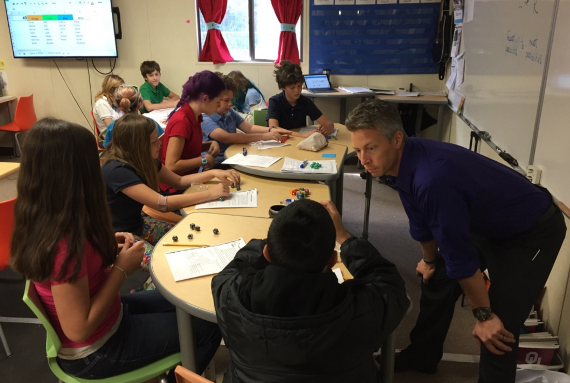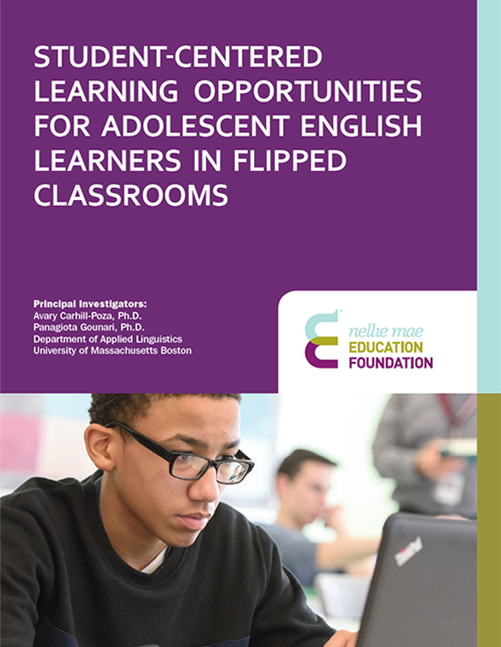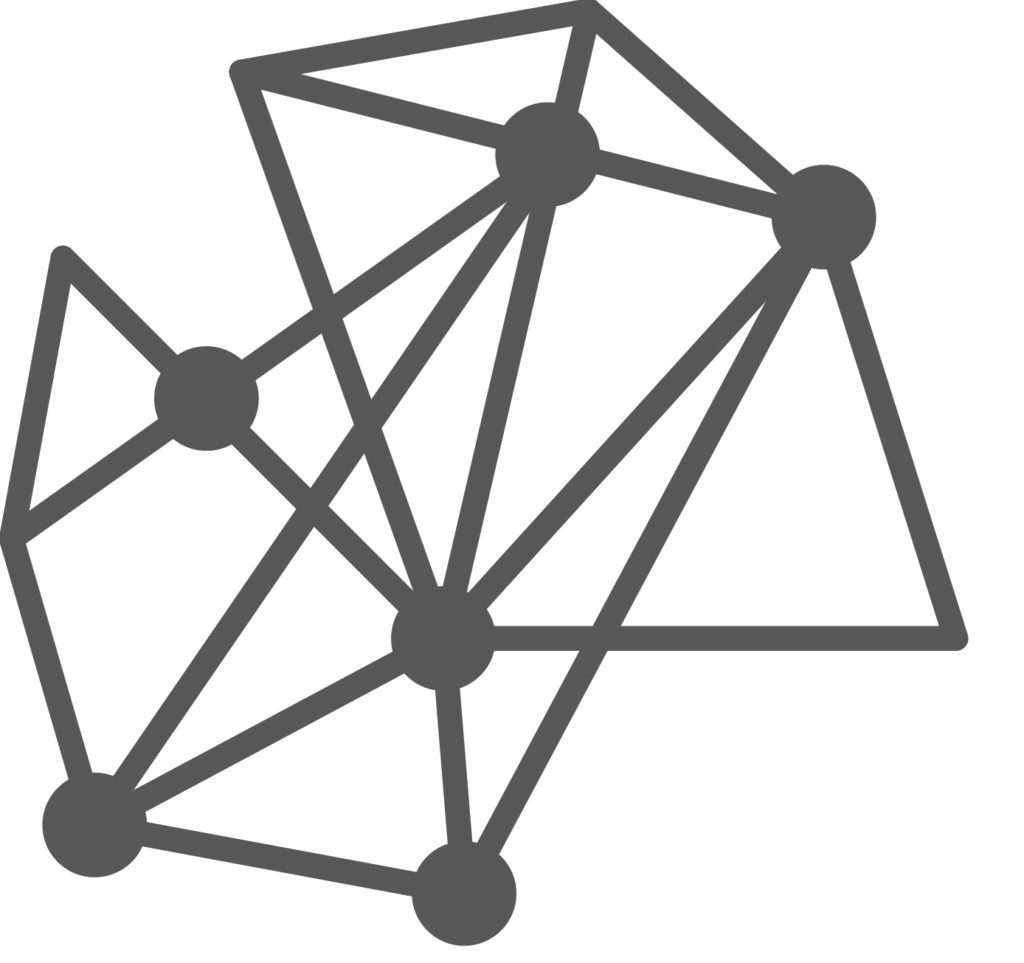The Importance of High-School Mentors

This article stresses the importance of role models. When it comes to helping young people succeed, education experts and nonprofits are embracing the idea that a broad web of formal and informal role models is key. This video from The Atlantic documents the power that mentors can have at a defining juncture in the lives of… Read More ›
Matching Edtech Products With Neurological Learning Goals

This post can help you make a list of what you want from edtech digital tools that will best suit your goals and are most consistent with neuroscience research correlations about how the brain most successfully processes information. The word edtech refers to educational technology that includes online learning activities through games, websites, computer-assisted instruction,… Read More ›
School Superintendents Association Calls for Shift to Personalized Learning in Public Policy Agenda

This article elucidates the public policy unveiled by the Connecticut Association of Public School Superintendents for 2016, reflecting its vision of schools that teach students to demonstrate mastery and receive more funding from the state. The organization identified three themes to advocate in 2016: equity, excellence, and innovation, with an emphasis on seeing a shift… Read More ›
Developing a Sense of Agency

This post explores how giving students a sense of agency can transform the way you impact your classroom. Students’ desire to help solve meaningful problems is too often an untapped resource hidden by the assumption that the teacher needs always to be in control of the classroom. When educators shift the paradigm from controlling to empowering,… Read More ›
The Difference Between Blended Learning and Personalized Learning, and Why it Matters

This article is about ending one-size-fits-all education. At LEAP Innovations, personalized learning is defined as learning anytime, anywhere—that is focused on, paced for, and led with the learner, and designed around each individual learner’s needs, strengths, interests, and goals. Blended learning is defined as teaching and learning infused with technology to better inform and direct the… Read More ›
When Celebrating Learning Differences is at the Heart of School Culture

This article explores how Individualized Education Programs (IEPS), typically created for special education students, can be a used as a model for all students and make personalization on a large scale easier and more accessible to all students. When special education teachers create IEPs for students with learning differences, a variety of professionals come together with… Read More ›
Blended, Project-Based, and Social Emotional Learning at Thrive Public Schools

This article explores how Thrive Public Schools in San Diego is creating a student-centered learning environment for its students. Thrive, a 200 student K-8 school, has a makerspace where students build stuff and work out marble trajectories, and gives a glimpse into the future of learning—blended, personalized, and competency-based. The article includes tools, ideas for implementation… Read More ›
Can an Increase in Empathy Lead to a Drop in Suspensions?

This article by EdWeek, takes an in-depth look at the findings of a study by Stanford University researchers published in the Proceedings of the National Academy of Sciences of the United States of America. The researchers worked with 31 math teachers in five diverse middle schools spread over three California districts, administering two online professional-development exercises… Read More ›
Scholars: Better Gauges Needed for ‘Mindset,’ ‘Grit’

This article, explores the concepts of “growth mindset” and ‘grit,” the reasons why these concepts are vital to modern education, and the potential errors in research methods when identifying these qualities in students. Growth mindset—the belief that intelligence and other skills are not fixed, but can be improved through effort— and grit—the ability to sustain interest over a long period… Read More ›
Student-Centered Learning Opportunities for Adolescent English Learners in Flipped Classrooms

This study from the University of Massachusetts-Boston and the Nellie Mae Education Foundation examines how flipped learning can be utilized to improve the language and content acquisition of adolescent English language learners. As schools look to raise standards and close achievement gaps, they need effective strategies for serving English language learners, the fastest-growing segment of… Read More ›
How Effective Are ‘Career Academies’?

This article, written by Melinda Anderson, explores the benefits and the disadvantages of career academies. The article asserts that while these schools-within-schools blend traditional and technical courses to smooth the transition from high school to working life, they may be inadvertently propagating inequality. Career academies embrace many positive approaches such as strong personalized-learning environments, a… Read More ›
Better Math Teaching Network

The Nellie Mae Education Foundation has partnered with the American Institutes for Research to create the Better Math Teaching Network for Algebra I teachers in New England. The NIC (Networked Improvement Community) will work together with researchers and practitioners to use tested best practices to continually improve their craft around teaching student-centered math. They are… Read More ›